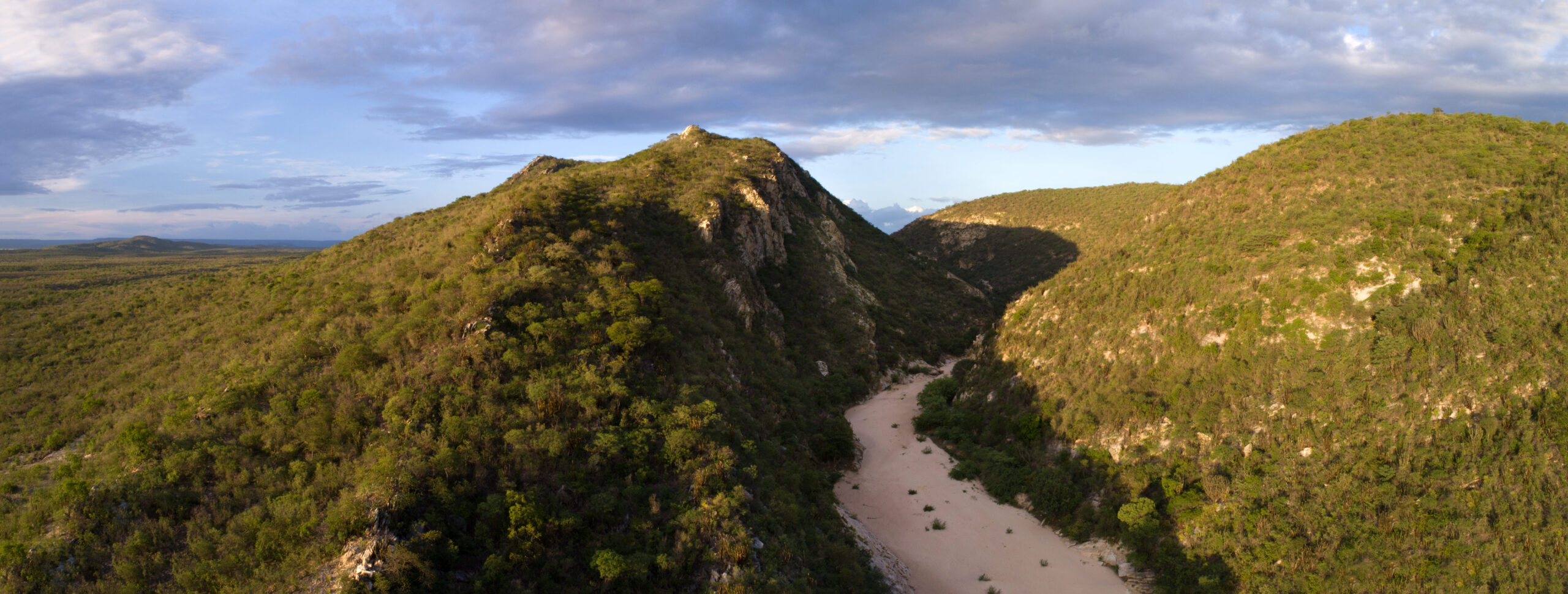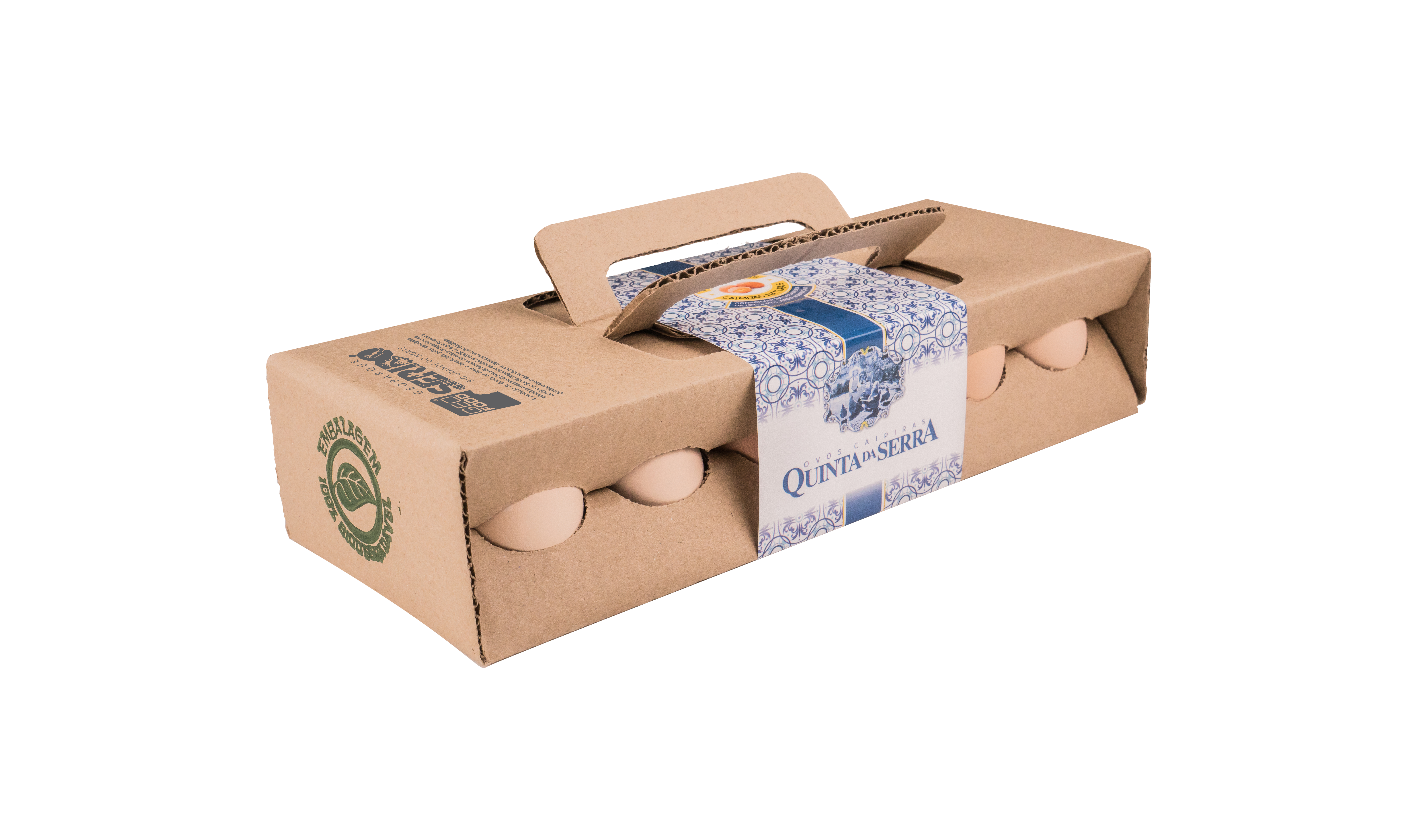The Seridó UNESCO Global Geopark is located in northeastern Brazil, state of Rio Grande do Norte, and is made up of six municipalities: Acari, Carnaúba dos Dantas, Cerro Corá, Currais Novos, Lagoa Nova, and Parelhas. There are more than 2,800 km² of territory marked by the Caatinga (‘white forest, in the Tupi language), the only exclusively Brazilian biome, with a unique biodiversity.
The population exceeds 120,000 inhabitants, including communities such as the quilombolas, who keep alive the memory of their enslaved ancestors in Africa to preserve their culture through traditional practices, museums and cultural centers.
The geopark is a testament to the last 600 million years of Earth’s history and is home to one of the largest scheelite mineralizations in South America, an important tungsten ore, as well as basalt flows arising from volcanic activity during the Mesozoic and Cenozoic Eras.
The gastronomy of Seridó is remarkable and reflects the typical culture of this region, there are biscuits, sweets, savory dishes, carne de sol (sun dried meat), creamy or roasted, milk rice, among other delights that can be enjoyed by all visitors.
The local culture is also manifested through cordel literature, poems, songs, among other expressions that are inspired by the geodiversity of the territory and that frame the landscapes of this semi-arid environment. 10,000 years ago, human beings were already related to the geodiversity of this territory, leaving their presence marked through rock records. This is Seridó UGGp, a territory of natural and cultural beauties waiting for everyone who wants to come.







